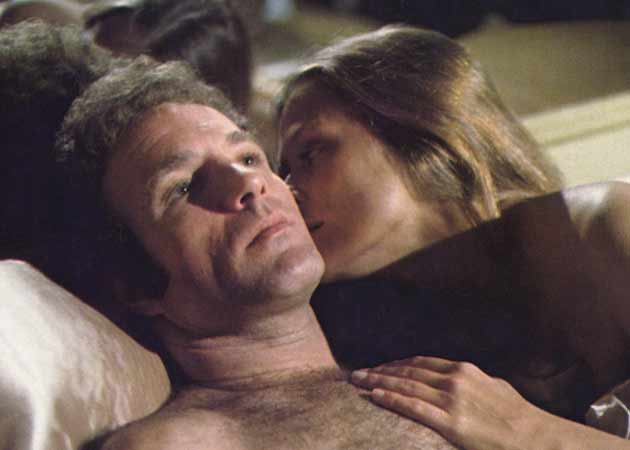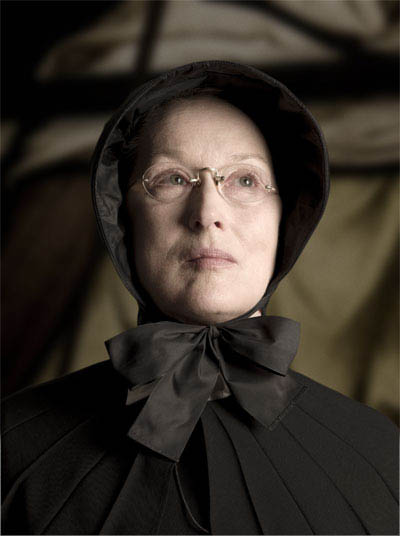Considering Che's length (the film clocks in at around 4 hours) the latter seemed somewhat impossible, and the film's audience was shifted to the arthouse when it was picked up by IFC, one of the few distributors with any balls out there (it was, after all, the only one to consider Lars von Trier's Antichrist.)
 But now that the film is on DVD, anyone can see it, not just those living in New York or LA. Che lands somewhere in the middle of Soderbergh's "weird" and "normal" films. It's the best film thus far to be made about Che Guavara. The first part of the film, The Argentine, shifts between Che's and Fidel Castro's Cuban revolution and their brief time in America. Part two, Guerilla, documents Che's involvement in the Bolivian Revolution. Both parts are essential to each other, and should be watched and considered as a whole, not two separate films.
But now that the film is on DVD, anyone can see it, not just those living in New York or LA. Che lands somewhere in the middle of Soderbergh's "weird" and "normal" films. It's the best film thus far to be made about Che Guavara. The first part of the film, The Argentine, shifts between Che's and Fidel Castro's Cuban revolution and their brief time in America. Part two, Guerilla, documents Che's involvement in the Bolivian Revolution. Both parts are essential to each other, and should be watched and considered as a whole, not two separate films. Benicio del Toro had some early Oscar buzz for his portrayal of the revolutionary. He's magnificent in the title role, the rare performance that fully embodies such a well-known and polarizing figure. His performance, as well as Soderbergh's direction, are not biased in or out of favor with the man. The film remains neutral, unlike the living Che-boner The Motorcycle Diaries (which is actually a really good film.)
Unfortunately, del Toro's performance went unnoticed by the Academy when Che shot completely under the radar. If you've got 4 hours to spend, give Che a watch. But if not, at least check out The Girlfriend Experience. If you live in New York or LA, that is...
CHE : A-





